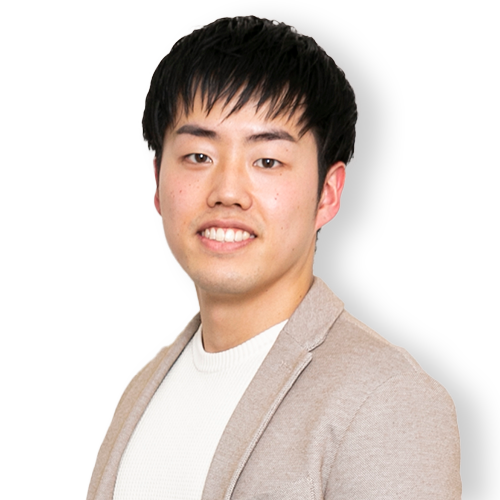Finding a job where I can put all of my knowledge and skills to good use
When I was young, I loved Chinese history, and I decided to study it as my major in university. In fact, I've been a longtime player of the Sangoku Taisen games, ever since playing it as an elementary school student. I was always happy to try out a new game, and that natural curiosity afforded me the chance to play many arcade games.
Truth be told though, SEGA was the only company in the gaming industry that I applied to when I was searching for a job. I ended up joining SEGA after applying to many other industries, because I felt that it was the best place for me to exercise all of the skills I'd accumulated. As a fan, I'm able to bring a unique perspective beyond the corporate viewpoint.
It's not just me. Within SEGA, there are many people who adore its games. It motivates me every day knowing that everybody here works with the same love and passion for gaming. I feel like we're all just fans at heart, who want to make the best SEGA game possible!
A conduit optimizing each department's capabilities
I work in the Title Management Division, where we act as a liaison between the Development Division, the Sales Division, and the Procurement Department. This involves overseeing games at the early stages of development as well as games reaching their end-of-service period.
To provide a more detailed overview of our responsibilities, we handle a broad array of tasks including analyzing the revenue for each title and making adjustments accordingly, arranging tests prior to game launches and business meetings, determining the measures needed for games that have gone live, or reporting on the status of our operations. Even among colleagues who contribute to the same title, each department might have different goals or philosophies.

It's one of my responsibilities to understand everyone's point of view and suggest how to best proceed. My work varies from day to day, title to title, and situation to situation—you have to wear various hats, instead of following a set work routine. You can't expect to be told what to do; you've got to think independently in order to identify the best approach.
In the Title Management Division, each person will be assigned to multiple titles. Even though I'm just in my second year of working here, I've already been in charge of my own title. There are many times where I might worry because of all the decisions that I need to make, but I am able to consult with my superiors when I'm having a hard time. I joined the company during the pandemic, so I started working remotely shortly afterwards. The senior employee in charge of my training proposed that we have a one-on-one conversation each day, which is the reason why I have a really good rapport with the senior members of my team.
Of course, there are many challenges and times where I feel slightly overwhelmed, but I also experience a tremendous sense of satisfaction when my preparations and planning go smoothly as well.
The opportunity to deliver entertainment to a wider audience
At the moment, I'm in my second year of work at SEGA, and I mainly work on titles that have already gone live. My goal going forward is to work on a game from its very initial planning stages to the end of its service.
Before players can start playing our arcade games, we have to first make them available to the arcades. I liaison with the Sales and Development Departments, so that we can effectively convey the unique qualities of each game and coordinate with various arcades to ensure more players can play them.

With that in mind, my current aim is to incorporate the expertise and philosophies of each division to facilitate the successful launches of each new game. Additionally, I am committed to providing ongoing support post-launch, and hope to deliver games that will satisfy both arcade operators and players.
I've also had the chance to work on Sangokushi Taisen, which first inspired me to join SEGA. In my view, an ideal workplace is one where an individual can engage in work that they're passionate about and can make use of their skills in a meaningful way. My advice to all students out there is to continue your studies, but also try to find a variety of hobbies to dip your toes into.
*This interview was conducted during the second year of employment.
10:00 AM Arrive at the office, check my emails, and confirm my schedule for the day.
11:00 AM Check the state of each game and draft an internal report.
12:30 PM Break for lunch. I chat with my coworkers about video games.
2:00 PM Meeting with our Sales Division regarding our release schedule for new products.
3:15 PM Handle inquiries brought to me from other departments.
4:00 PM Prepare materials for new products that will undergo testing.
5:00 PM Meeting with the Development Department and Promotion Department to discuss upcoming products.
7:00 PM Check emails again, and after writing my tasks for the next day, I leave the office. (I sometimes stop by an arcade to do a bit of research.)

STAFF INTERVIEWS
















